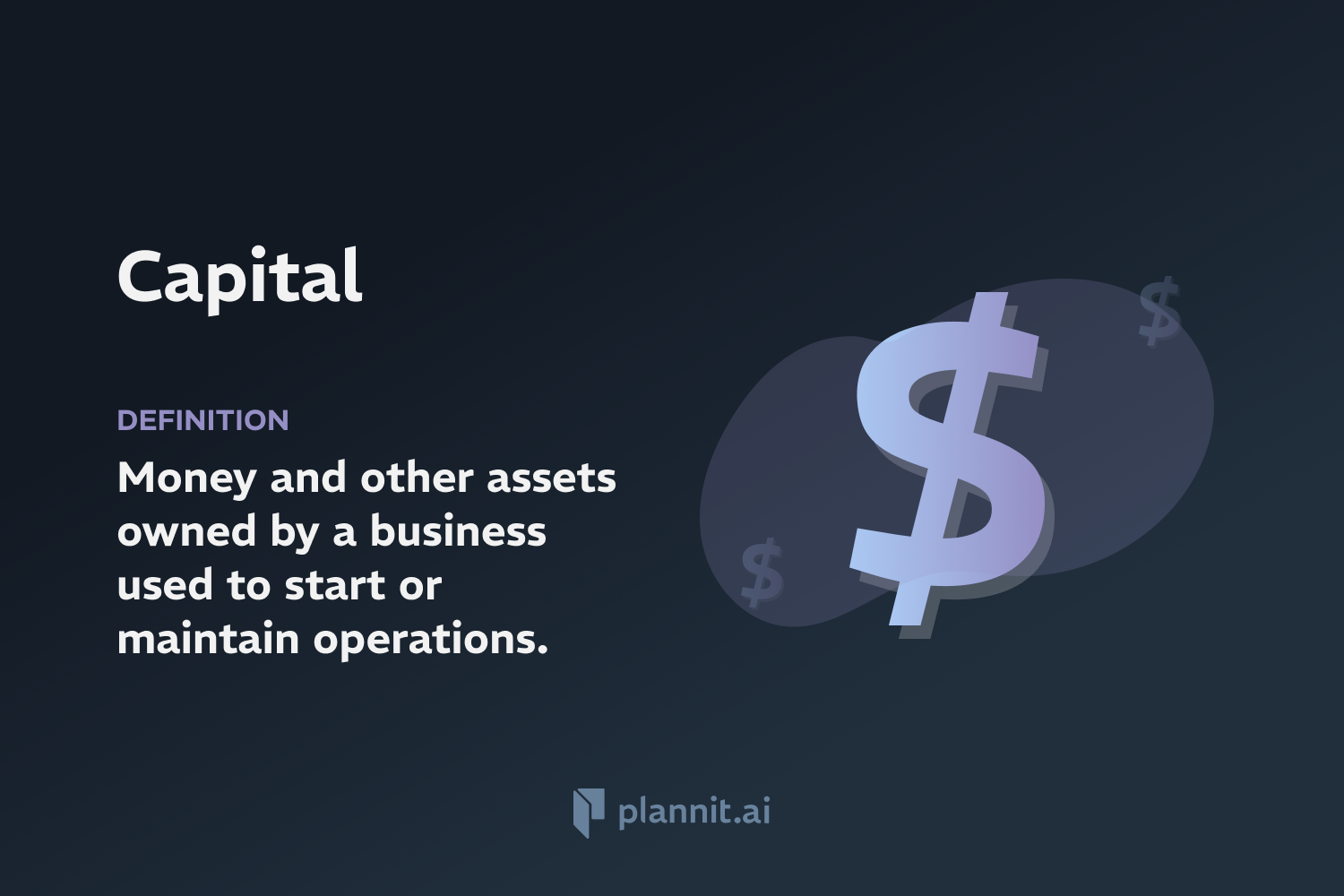Need Help With Your Business Plan?
Answer tailored questions and get a detailed business plan in minutes.
Finance: Definition & In-Depth Explanation
Definition:
Finance refers to the field involving the management, creation, and study of money, banking, credit, investments, assets, and liabilities. This discipline encompasses both the management of assets and the management of funds for individuals, businesses, and governments.
Context of Use:
Finance is essential in various sectors including banking, insurance, investment, and real estate. It plays a vital role in enabling companies and individuals to effectively allocate resources, manage risk, and achieve growth through investment.
Purpose:
The purpose of finance is to help individuals, businesses, and governments optimize their financial resources. This involves saving money, managing investments, and obtaining and managing debt to fund operations or expansions.
Example:
Corporate Finance: Focuses on the financial activities of corporations, including capital investment decisions and long-term financial planning.
Personal Finance: Deals with individuals' or families' budgeting, mortgage planning, savings, and retirement planning.
Related Terms:
Investment: The act of allocating resources, usually money, with the expectation of generating an income or profit.
Economics: The study of how people allocate resources and make decisions that affect the production, distribution, and consumption of goods and services.
Accounting: The process of recording, summarizing, and analyzing financial transactions to provide useful information to stakeholders.
FAQs:
1. What are the main areas of finance?
A: The main areas include personal finance, corporate finance, and public finance, each focusing on different sectors of financial management and planning.
2. How does finance differ from economics?
A: While finance focuses on the management of funds and investment, economics looks at how these activities affect overall economic systems and involves broader considerations of supply and demand.
3. What skills are essential in finance?
A: Key skills include analytical ability, critical thinking, proficiency in mathematics, and strong communication skills.
4. What roles do financial institutions play in the economy?
A: Financial institutions like banks, investment companies, and insurance companies play crucial roles in providing capital, managing risk, and facilitating transactions in the economy.
5. How is risk managed in finance?
A: Risk management in finance involves identifying, analyzing, and mitigating potential losses through various strategies, including insurance, hedging, and diversification of assets.
Get funding with a business plan that will impress investors.
Starting a New Business?



